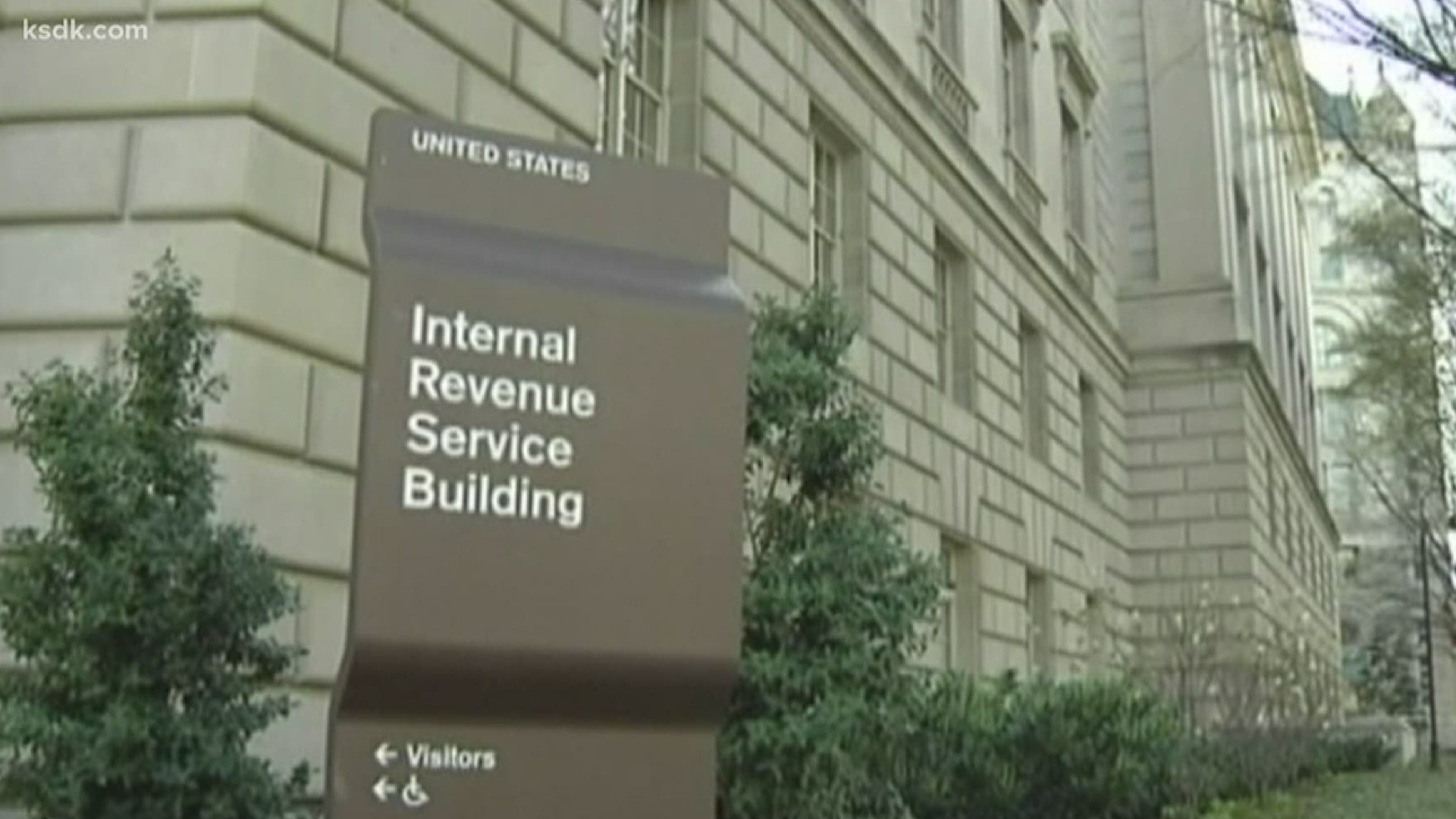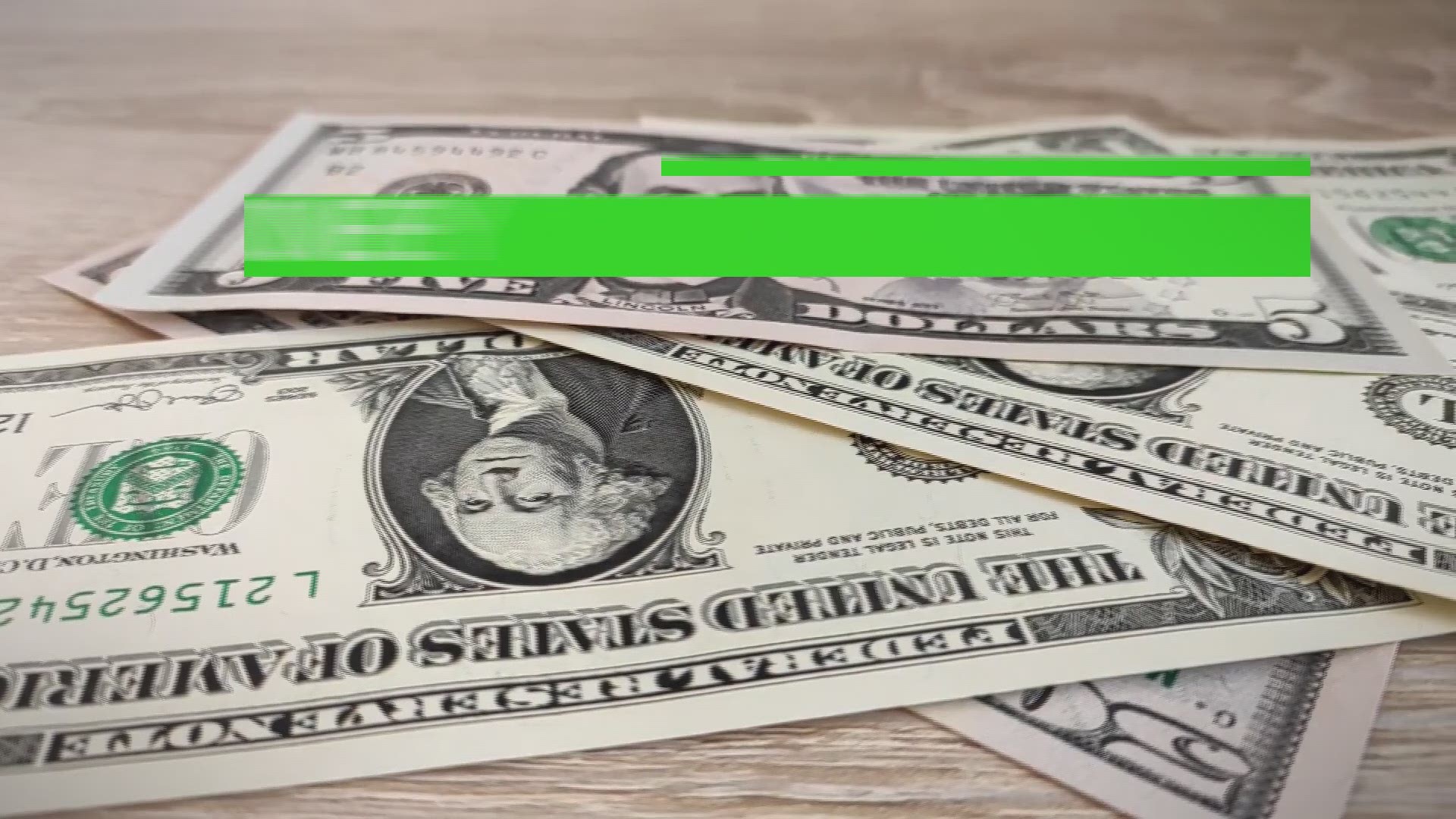ST. LOUIS — Like many families, the Lathams were relieved to see their stimulus money in their bank account Wednesday morning.
Shelby Latham welcomed her twins, Andrew and Molly, last October.
"Actually the timing was great, the babies both need helmets,” she said. "So for us, it was a huge help."
Even if they came up $1,000 short.
In the payment breakdown, families are supposed to receive $500 for every child younger than 17.
But Latham said they received $500 only for their oldest, Carson, even though they filed their 2019 taxes — and included the twins — more than two months ago.
"It's frustrating, but I get it. They're trying to do the best they can for everyone as quick as they can because everyone needs it now,” she said.
"Anything that gets rolled out this quickly is bound to have some mistakes in it,” Robert Minkler, managing partner at Anders CPAs and Advisors, said.
Minkler says the IRS isn't taking calls about these payments.
"Right now, yes, you just have to wait,” he said.
He said in the worst-case scenario, the IRS will give you the stimulus money you're owed when you file your 2020 tax return. But new information is coming out every day.
"I could see the IRS correcting those at some point before that and sending that money out,” he said.
The IRS website says to expect a letter in the mail within 15 days of your payment. It should show how the payment was made and how to report a failure to receive it.
"I think eventually they'll rectify it and try to fix it, but for now, we're lucky with what we have,” Latham said.
How much money should you receive?
Here are the thresholds for stimulus payments provided by the IRS:
Individuals (or married couples filing separately) making up to $75,000 will receive $1,200. For any individual who makes more than $75,000 but less than $99,000, the payment amount is reduced by $5 for each $100 earned above $75,000. Individuals who make more than $99,000 will not receive a payment.
Married couples filing jointly making less than $150,000 will receive $2,400. For couples who make more than $150,000 but less than $198,000, the payment amount is reduced by $5 for each $100 earned above $150,000. Couples who make more than $198,000 will not receive a payment.
Individuals and couples will receive $500 per child under 17 years old.
If you earned more than those thresholds in 2018 or 2019 but less during 2020, you’ll receive stimulus money when you file your 2020 taxes, Minkler said.
If you earned less than those thresholds in 2018 or 2019 and received a stimulus payment but end up earning more than the thresholds in 2020, the IRS won’t charge you for the stimulus payment – you can keep it, Minkler said.
More stimulus coverage:
RELATED: VERIFY: Is the IRS site safe? Will I have to pay back my check? And other common stimulus questions.


